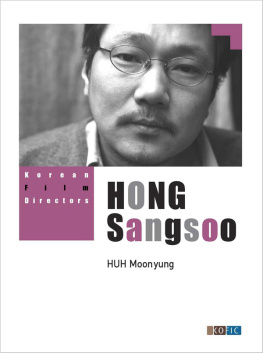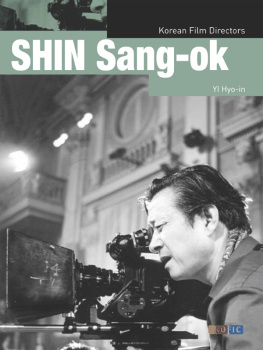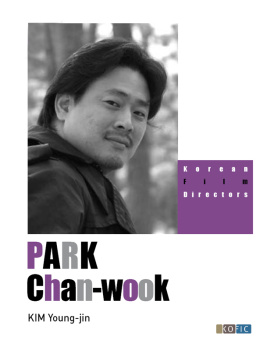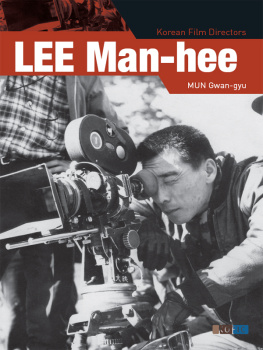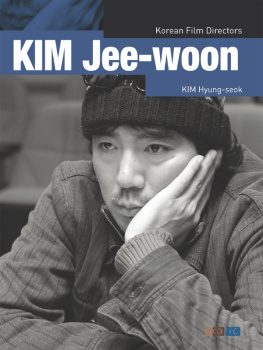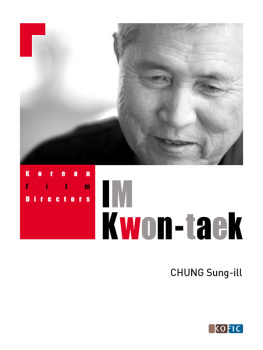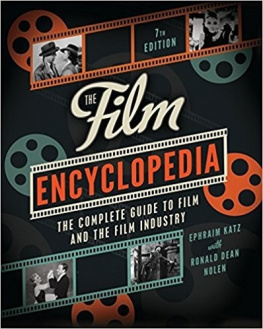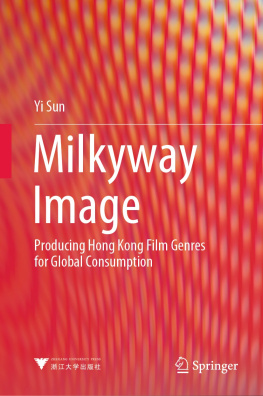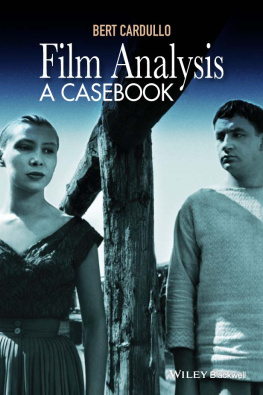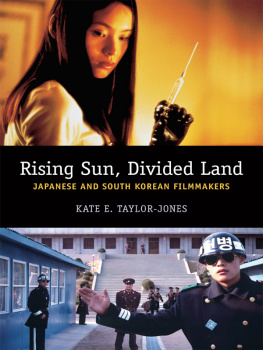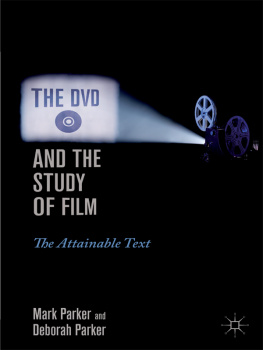HONG Sangsoo
Written by HUH Moonyung
Copyright 2007 by Korean Film Council 
All Rights Reserved
No part of this book may be reproduced in any form without the written permission of the publisher.
Korean Film Council
206-46 Cheongnyangni-dong, Dongdaemun-gu, Seoul 130-010, Korea
Phone (82-2) 958-7596
Fax (82-2) 958-7590
http://www.koreanfilm.or.kr
email:
Published by Seoul Selection
B1 Korean Publishers Association Bldg., 105-2 Sagan-dong, Jongno-gu, Seoul 110-190, Korea
Phone (82-2) 734-9567
Fax (82-2) 734-9562
http://www.seoulselection.com
email:
Korean Film Directors
The Korean Film Directors series is one of Korean Film Councils projects to furnish an international audience with insight and analysis into the works of Koreas most representative film directors.
The series aims to expand upon the existing body of knowledge on Korean film, educate the general public of the history of Korean film and Korean film directors, and draw attention to the significance of works that represent Korean film. Critics who share their insight in the series are leaders in their respective specialties. Each volume includes critical commentary on films, an extensive interview with the director, and a comprehensive filmography for reference.
P re f a ce
Korean film young bloods PARK Chan-wook, BONG Joon-ho, KIM Jee-woon and RYOO Seung-wan, have come together to form a club called Directors Cut. During every end-of-year party, these directors hold an award ceremony to grant prizes to selected winners among Korean films of the year. The club is small and the award ceremony is simple, but the films chosen by these most active, young and capable directors for the years best list are always interesting. The award for best director in 2006 went to HONG Sangsoo.
It is an unofficial award and wont be included in any official records, but I was impressed by HONG Sangsoos winning the best directors award. At the end of every year, there are three major film award ceremonies, which are broadcasted through major media channels. Strangely enough, none of HONG Sangsoos films, with the exception of his debut work, have been even placed in the list of nominees. Furthermore, it has been a long time since he was included in the list of best directors selected by the Association of Korean Film Critiques. This was true even when Cahiers du Cinema included Conte de Cinema in its top 10 list in 2005.
Of course, this doesnt mean that HONGs films are completely disregarded by the Korean press or the intellectuals. In terms of the quantity of critiques made for individual films, HONG has always occupied the top position. Moreover, prominent Korean movie magazines have always placed his films on their list of the best. However, HONGs films in Korea are considered the cream of a tiny cultural crop. For example, director LEE Chang-dongs films are not categorized as typical commercial films, but he was successful in attracting an audience of about one million per film and has received recognition for his artistic achievements. And while director IM Kwon-taeks recent films have been miserable commercial failures, his efforts to discover cinematographic beauty have always been highly praised by the Korean artistic community. However, despite HONG Sangsoo receiving passionate support from Korean cinephiles, he carries ambiguity that cant be easily accepted. I think this provides evidence that his films are very fundamental. HONG Sangsoo himself was not a cinephile, but his films have become an important reference for Korean cinephiles. That is because his films have questioned the nature of movies and redefined it. He holds a sort of contempt for films as institutions and strictly adheres to his own ways during the process of creation. This doesnt mean that he is an avant-garde artist, displaying complex images and symbols. On the contrary, he never gives up stories and he tries to prove that, in the narrative of film, something stronger and completely different from our expectations can unfold. One of the important achievements his films made in modern cinema is that he renews our means of understanding and perception of the world through images, or a complex body of senses, and at the same time through narrative.
In this book, I didnt attempt to interpret HONG Sangsoos films. This book was intended to help people who take interest in HONGs films to better understand the director. I rather placed more importance on the interview for this reason and tried to organize the features of HONGs work in a comprehensive format. However, I cant help but place high expectations on the thoughtful analysis on HONG Sangsoos creative works by David Bordwell and Claire Denis. David Bordwell points out how HONGs films differ from contemporary Asian films and how those differences make his films so unique. HONG Sangsoos friend and renowned French film director, Claire Denis, clearly pierces into different roles played by women and men in his films and delicately describes texture and layers that are carried in HONGs films. I would like to personally thank contributors who have been very helpful.
I would also like to thank someone who has contributed immensely to this book. I am very much indebted to SEONG Ji-hye. She majored in theory of cinema in France and made a beautiful debut film Before the Summer Passes Away in 2006, but she took part in the interview session with HONG Sangsoo, whom she respects very much, and carefully arranged it. More importantly, she pointed out my personal shortfalls when carrying out the interview, and provided me with sharp and creative input. It was also her efforts that have made it possible to include Claire Denis writing in this book. If there is anything useful in this book, half of it deserves her credit. She and I have spent the last days of 2006 very happily conducting interviews with HONG Sangsoo. I would like to thank her deeply. Of course, whatever shortfalls or errors that may remain in this book are all my doing. (The generous assistance at the last moment from many people should be acknowledged. Especially KIM Choong-il, KIM Kyung-hyun, Harry KIM and PAK Do-shin have made great contribution in reducing the errors of this book. Id like to express my gratitude for their friendship and kindness.)
HUH Moonyung
Summer, 2007
Seoul

O n the D i r e c tor
I need not ramble over the earth and sky to discover a wondrous object woven by contrasts, greatness and littleness infinite, intense gloom and amazing brightnesscapable of arousing pity, admiration, terror, contempt simultaneously. I find that object in myself.
Alexis De Tocqueville
An Event in Korean Cinema History
When HONG Sangsoos debut work, The Day a Pig Fell into the Well, was released for the first time in May 1996, the nations film critics were thrown into a shock. Characters were wandering about while there was no clear suggestion of what was on their minds. Dialogues and situations were drifting around the surface of the text, with no clear psychological motives. Scattered structure made it difficult to distinguish between the main story and the digressions. The camera was objectively and motionlessly looking at these circumstances, where everything collided. Characters were described so elaborately that they gave you goose-bumps. Bulky and heavy reality in the movie was delivered intensely. The cinematic language spoken in this film was unprecedented in Korean film history. Korean movie critics thought of names like Robert Bresson and Louis Bunuel, but they agonized over the genealogy of a movie that was completely unique. Of course, their attempts ended to no avail.

